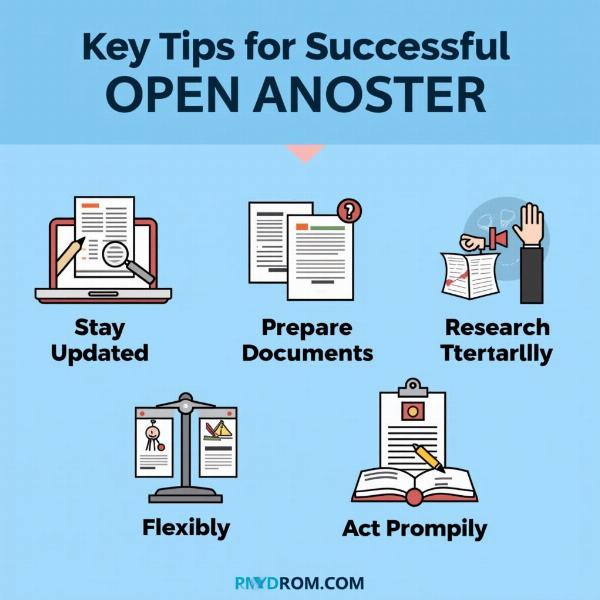Open counselling, a term increasingly relevant in India’s educational landscape, refers to the process where students can choose their desired college and course based on their merit and availability of seats, regardless of any prior application or pre-allocated choices. This flexible approach empowers students to explore various options and make informed decisions about their academic future. Understanding the meaning and implications of “open counselling” – or खुली काउंसलिंग (khuli kaunsaling) in Hindi – is crucial for navigating the admissions process effectively.
Understanding Open Counselling (खुली काउंसलिंग)
Open counselling provides a second chance for students who couldn’t secure admission in the initial rounds of counselling or wish to explore better opportunities. It involves a transparent process where vacant seats are displayed publicly, and eligible students can participate based on their merit ranks. This system offers greater choice and flexibility, allowing students to switch courses or colleges based on the available options. The concept promotes fairness and maximizes seat utilization, ensuring that deserving candidates have access to higher education. For instance, if a student missed the initial deadline for a specific course, they can participate in open counselling if seats remain vacant.
Benefits of Open Counselling in India
Open counselling offers several benefits to Indian students:
- Increased Chances of Admission: It provides a second opportunity for students who didn’t secure admission initially.
- Wider Choice of Courses and Colleges: Students can explore a broader range of options based on available seats.
- Flexibility and Transparency: The transparent display of vacant seats empowers students to make informed decisions.
- Optimal Seat Utilization: Minimizes wasted seats and ensures deserving candidates get admission.
- Reduces Stress and Anxiety: Provides a less pressured environment compared to the initial counselling rounds.
How Open Counselling Works
The open counselling process typically involves the following steps:
- Registration: Eligible students register for open counselling, often online.
- Document Verification: Students verify their documents and eligibility criteria at designated centers.
- Choice Filling: Students select their preferred courses and colleges from the available vacant seats.
- Seat Allotment: Seats are allocated based on merit and preferences.
- Admission Confirmation: Students confirm their admission by paying the required fees.
Open Counselling vs. Regular Counselling
While both aim to facilitate student admissions, open counselling differs from regular counselling in several ways:
| Feature | Open Counselling | Regular Counselling |
|---|---|---|
| Timing | Conducted after regular counselling rounds | Conducted in pre-defined rounds |
| Seat Availability | Limited to vacant seats | Offers all available seats |
| Eligibility | Open to all eligible candidates based on merit | May have specific eligibility criteria based on the round |
| Flexibility | Higher flexibility in choosing courses/colleges | Limited flexibility based on pre-allocated choices |
Tips for Participating in Open Counselling
- Stay Updated: Regularly check the official websites for announcements and deadlines.
- Prepare Documents: Ensure all necessary documents are ready and verified.
- Research Thoroughly: Research available courses and colleges before making choices.
- Be Flexible: Be open to exploring different options and adjusting preferences based on availability.
- Act Promptly: Seats are allocated on a first-come, first-served basis, so act quickly.
 Tips for Successful Open Counselling
Tips for Successful Open Counselling
Conclusion
Open counselling (खुली काउंसलिंग) presents a valuable opportunity for students seeking admission to higher education institutions in India. Understanding the process, benefits, and strategies involved can significantly enhance your chances of securing a desired seat. By staying informed, being prepared, and adopting a flexible approach, you can navigate the open counselling process effectively and achieve your academic goals.
FAQ
- What is open counselling meaning in hindi? It is called खुली काउंसलिंग (khuli kaunsaling) and refers to a counselling process where anyone can participate based on merit and seat availability.
- Who is eligible for open counselling? Eligibility criteria vary, but generally, students who meet the minimum academic requirements and haven’t secured admission in previous rounds are eligible.
- When does open counselling take place? Typically, it occurs after the completion of regular counselling rounds.
- How can I participate in open counselling? The process involves registration, document verification, choice filling, seat allotment, and admission confirmation.
- What are the benefits of open counselling? Benefits include increased admission chances, wider choice, flexibility, and optimal seat utilization.
- Is open counselling competitive? Yes, it can be competitive as seats are limited and allocated based on merit.
- What should I do if I don’t get a seat in open counselling? Explore other options like private colleges or consider applying in the next academic year.
Meaning-Hindi.in is your trusted partner for accurate and culturally sensitive Hindi translation services. We specialize in various domains, including business, legal, technical, website localization, educational, and specialized translations. Our expert linguists ensure high-quality translations that bridge the language gap effectively. For your Hindi translation needs, contact us at [email protected] or call us at +91 11-4502-7584. Meaning-Hindi.in is dedicated to providing reliable and professional language solutions tailored to your specific requirements.